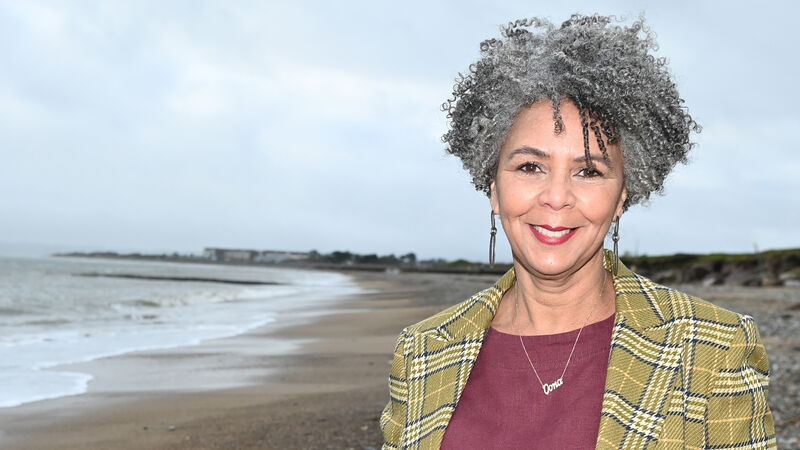'I wanted to know where my curly hair and dark skin came from:' Cork woman's search for her African roots

Oona Agbi-Colin, on the beach in Youghal, Co Cork. She was born in 1968 in St Patricks’ Mother and Baby home on the Navan Road in north Dublin. Picture: Eddie O'Hare













